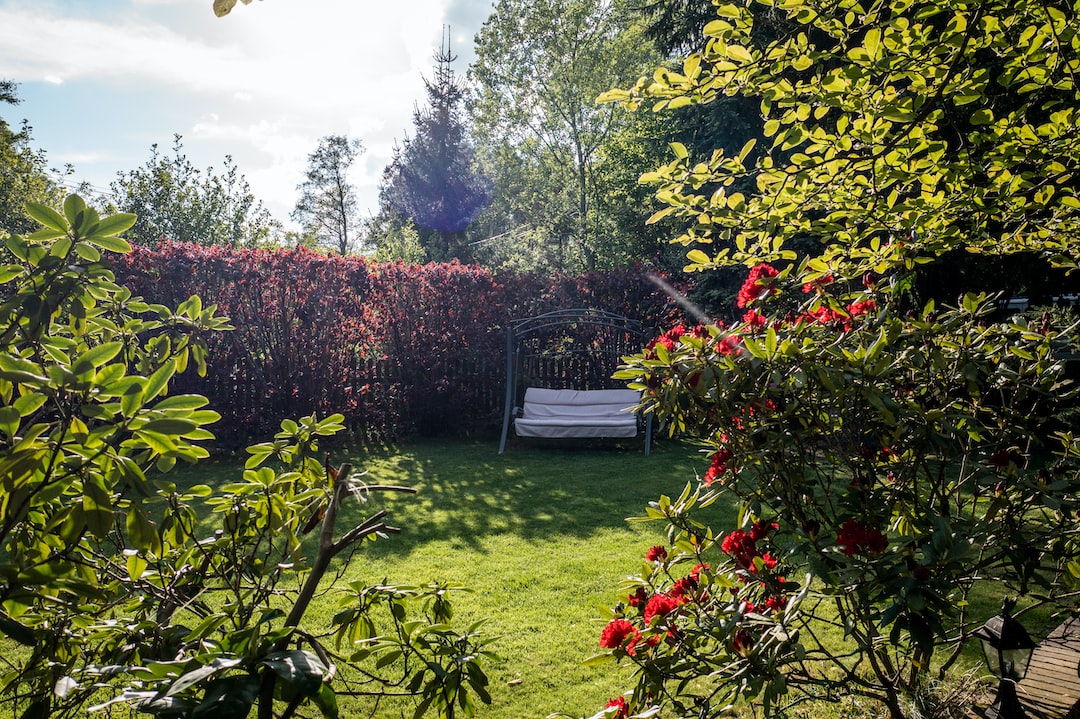Tips for Successfully Growing Roses in Your Garden
Roses have been a symbol of beauty and love for centuries, and growing them in your garden can bring a touch of elegance and charm to your outdoor space. However, cultivating roses is not always an easy task. It requires patience, care, and proper techniques to ensure successful growth. If you are a rose enthusiast or a beginner looking to add these gorgeous flowers to your garden, here are some useful tips to help you along the way.
1. Select the Right Rose Varieties: Before diving into the world of roses, it’s essential to choose the right varieties for your climate and garden conditions. Some roses thrive in warmer climates, while others can withstand colder temperatures. Factors like sunlight exposure, soil types, and moisture levels also play a crucial role in determining suitable rose varieties for your garden. Do a little research or consult a local nursery to find out which roses are best suited for your specific conditions.
2. Plant in the Right Spot: Roses love sunlight, so ensure that you select a spot in your garden that receives at least six hours of direct sunlight each day. The area should also have well-draining soil, as these flowers dislike overly wet conditions. In addition, provide them with enough space to grow and spread their roots, keeping in mind their eventual size. Give each plant at least two to three feet of space to allow for good air circulation.
3. Prepare the Soil Properly: Roses thrive in fertile soil rich in organic matter. Before planting, amend your garden with compost or well-rotted manure to improve its quality. This will provide the necessary nutrients for healthy growth and vibrant blooms. Additionally, it’s important to ensure that the pH level of the soil is slightly acidic, ideally around 6.5. Regular testing and adjustment of soil acidity, if needed, will help your roses flourish.
4. Water Regularly and Deeply: Consistent watering is crucial for the well-being of your rose plants. Provide them with ample water, especially during the hotter months, but avoid overwatering. Deep watering two to three times a week is generally sufficient to keep the soil moist. Remember to water the plants at the base rather than spraying water on the leaves, as this can lead to fungal diseases. Mulching around the base of the plants will help retain moisture and inhibit weed growth.
5. Pruning and Deadheading: Pruning plays a critical role in promoting healthy growth and abundant blooming. Regularly prune your rose bushes to remove dead or damaged wood, as well as any crossing branches. This will enhance air circulation and minimize the risk of disease. Deadheading, the removal of spent blossoms, encourages the plant to direct its energy into producing new flowers. It also prevents the formation of seed hips, allowing the plant to focus on growing strong and healthy.
6. Pest and Disease Control: Roses are susceptible to a range of pests and diseases, including aphids, black spot, and powdery mildew. Keep a close eye on your plants and take immediate action at the first sign of trouble. Use organic pest control methods whenever possible, such as ladybugs to combat aphids, and neem oil for fungal diseases. Regularly inspect your roses and take preventive measures, like proper spacing and pruning, to avoid overcrowding and fungal attacks.
7. Fertilize Regularly: Like any other plant, roses require proper nutrition to thrive. Feed them with a balanced rose fertilizer at regular intervals, following the instructions on the product packaging. Avoid over-fertilizing, as this can lead to excessive foliage growth at the expense of blooms. Additionally, consider using organic fertilizers or compost to enrich the soil naturally and ensure the long-term health of your roses.
Growing roses in your garden can be a truly rewarding experience. With careful planning, attention, and these tips in mind, you will be well on your way to creating a stunning rose-filled oasis. Enjoy the beauty, fragrance, and joy that these wonderful flowers bring to your garden and your life.

